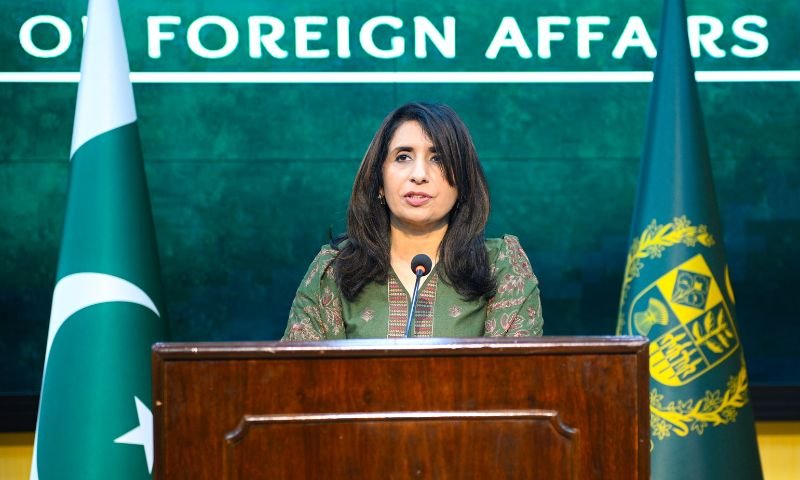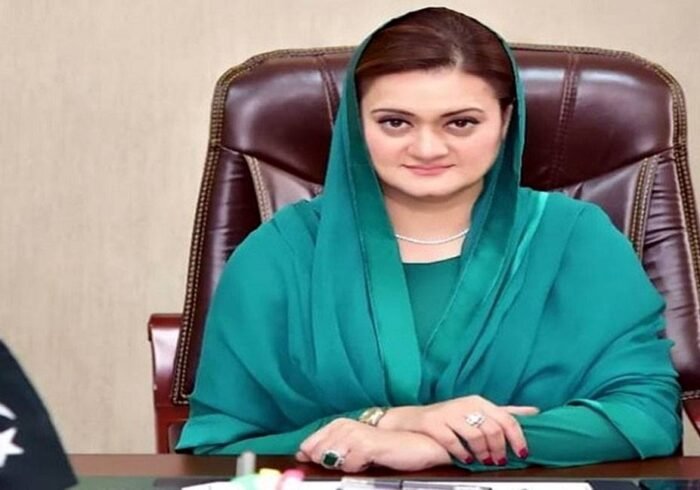Pakistan has voiced deep concern over the ongoing violence in different parts of Syria, emphasizing the need for a unified security framework to ensure long-term stability in the country.
Speaking at a United Nations Security Council meeting, Pakistan’s Permanent Representative to the UN, Ambassador Munir Akram, underscored the importance of preventing external interference in Syria’s affairs. He also stressed that Syria must not become a breeding ground for terrorism, particularly in light of the downfall of the al-Assad regime last November.
Following briefings from UN Special Envoy for Syria, Geir Pedersen, and Assistant Secretary-General for Humanitarian Affairs, Joyce Msuya, Ambassador Akram reaffirmed Pakistan’s support for Syria’s new leadership, expressing hope that it would guide the nation toward peace, stability, and economic recovery. At the same time, he warned of the potential resurgence of extremist organizations, including Al-Qaeda and Daesh, urging strict vigilance against their activities.
Raising concerns over reports that foreign terrorist organizations were being integrated into Syria’s governance structures, Akram emphasized that no foreign fighters or unauthorized armed groups should be allowed to operate independently, particularly in Northeast Syria.
During his remarks, Geir Pedersen acknowledged commitments made by Syria’s interim president, Ahmad Al-Sharaa, but pointed out that Syrians were demanding concrete actions rather than mere pledges. He highlighted the need for inclusive and credible governance structures, including a transitional government, a provisional legislature, and a transparent national dialogue. However, he warned that persistent hostilities continued to hinder political progress, citing daily clashes, artillery shelling, and airstrikes in Northeast Syria, which have resulted in significant civilian casualties and damage to infrastructure. The recent rise in car bombings in residential areas has further worsened the situation.
Pedersen welcomed early-stage discussions between interim authorities and the Kurdish-led Syrian Democratic Forces (SDF) but urged key international players—including the United States, Türkiye, and regional powers—to pursue genuine compromises that could promote peace and stability. He also highlighted Syria’s deepening economic crisis, exacerbated by sanctions, rising poverty, and reductions in humanitarian aid, calling for urgent intervention to alleviate the suffering of millions.
Ambassador Akram strongly criticized Israel’s continued military actions, particularly its indefinite presence in the ‘Areas of Separation,’ arguing that they violate the 1974 Disengagement Agreement. He demanded an immediate withdrawal of Israeli forces from these areas, as well as from the Occupied Golan Heights, in order to uphold Syria’s territorial sovereignty.
The humanitarian crisis in Syria remains one of the worst in recent history, with over 16.5 million people in desperate need of aid. Severe food shortages, a failing healthcare system, and a deteriorating education sector necessitate immediate international intervention. Despite the scale of the crisis, humanitarian funding remains grossly insufficient, Akram lamented, calling for increased global efforts to provide both emergency relief and long-term support for Syria’s reconstruction.
He further argued that economic sanctions were severely hindering Syria’s recovery, urging a pragmatic reassessment of these restrictions to alleviate the hardships faced by ordinary citizens. Reaffirming Pakistan’s steadfast solidarity with Syria, Ambassador Akram stressed that achieving lasting peace requires an inclusive governance system, national unity, and a credible political transition.
“The international community must remain engaged in supporting Syria’s recovery in a constructive manner. Pakistan stands in full solidarity with the resilient people of Syria,” he concluded.





